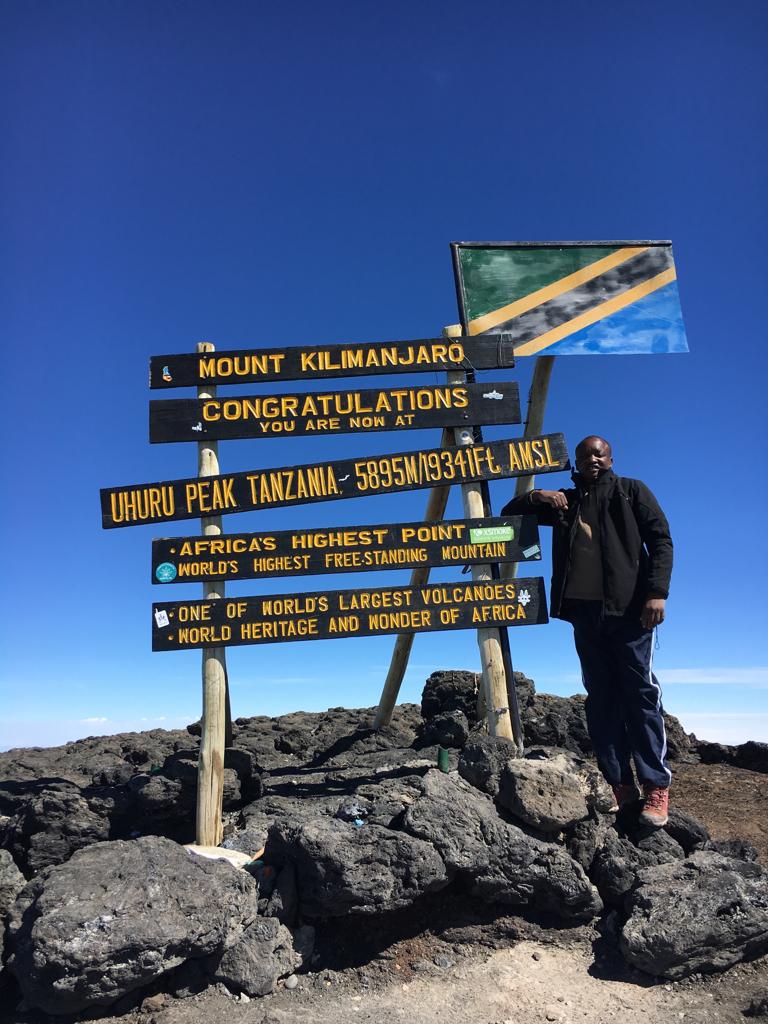Mount Kilimanjaro Rongai Route is a tantalizing feat that can test a persons limits of strength, but at the same time reward them with sights and sounds that are indescribable to those who have not been there and have not conquered the highest peak in Africa. Traditionally, the Rongai Route’s premier advantage has been that it is the quietest route on the mountain.
But one of the reasons it’s so quiet is that the likelihood of summiting on Mount Kilimanjaro Rongai Route on the conventional six and seven day schedules is the second worst of all the six official routes. This is because there are no topographical features that allow the ‘climb high / steep low’ principle to be exploited, even if one incorporates a rest day that features a modest acclimatization excursion. Typically, operators that use this route report a failure rate of around half the climbing group.




